Exact Answer: Two To Ten Years Less Than Natural Lifetime
Epilepsy falls under the category of neurological disorders. This disorder affects the brain and the nerves found throughout the spinal cord and the human body. Epilepsy is characterized by recurring epileptic seizures that are regular episodes of vigorous shaking of the body and vary from brief to undetectable to long periods.
Epileptic Seizures result in episodes that can lead to significant physical injuries such as bone damage or fatal accidents. There are no causes for seizures to occur. They are unpredictable and can happen anytime and anywhere. Poisoning also leads to few specific isolated episodes, but they are not considered epilepsy.
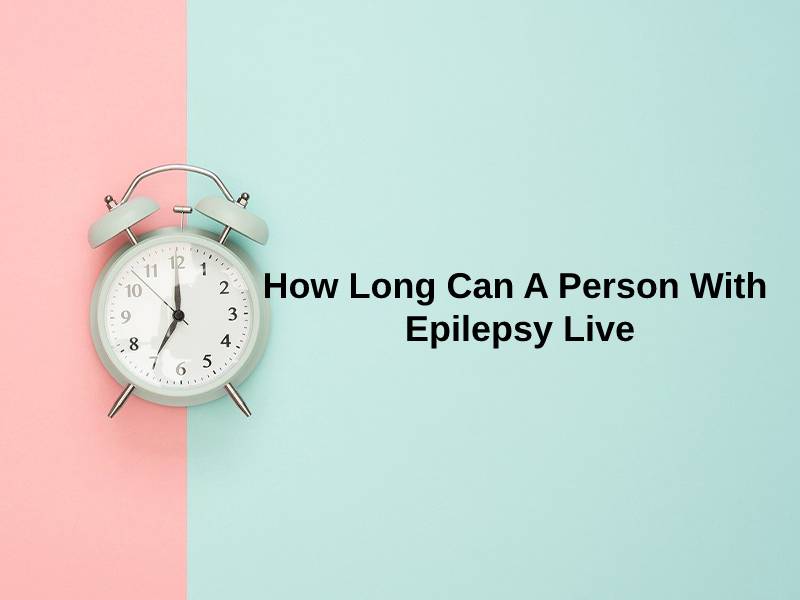
How Long Can A Person With Epilepsy Live?
Patients are suffering from epilepsy experience multiple social stigmas. The mechanism of epileptic seizures is that it causes an excessive amount of neuronal activity in the brain. Such activities mainly take place in the cortex of the brain. The reasons that might lead to epilepsy are still unknown, but medical experts iterate that this might be caused due to stroke, brain injury, infections of the brain, brain tumors, or brain defects. Genetic mutations might be a reason for epilepsy in a few patients.
Epilepsy is confirmed by a test called EEG, which stands for Electroencephalogram. Epileptic seizures can be controlled with the help of proper medication in approximately eighty percent of the cases. Anti-seizures medications are readily available and are not very much costly. However, suppose a patient shows no signs of improvement after taking anti-seizure medicines. In that case, the medical practitioner might recommend going for neurostimulation, surgery, or dietary changes, but they are expensive and cannot be afforded by every patient.
| Type Of Epilepsy | Reduction In Life |
| Cryptogenic Epilepsy | Two to five years |
| Symptomatic Epilepsy | Eight to ten years |
The reduction of life in a patient due to epilepsy depends on the type of epilepsy. When there are no known causes for epilepsy, it is called Cryptogenic epilepsy, and it can reduce the life of an individual from two to five years. In comparison, epilepsy caused by an injury on the brain is known as symptomatic epilepsy and can reduce the patient’s life for up to ten years. However, many patients live a whole life even after suffering from epilepsy.
Why Does A Person With Epilepsy Live That Long?
Epilepsy is one of the most common neurological disorders worldwide. It is a noncommunicable disease and can happen to an individual of any age. However, most of the cases are of young children or older people. Seizures, in some cases, go away naturally, while in a few instances it remains with the patients for a lifetime. It is not guaranteed that epilepsy will shorten the life of a patient. Medications nowadays are excellent and can control seizures up to a considerable extent.
Mostly epilepsy combined with any other disease leads to death. Also, as epilepsy can occur anywhere, it is not advised for the patients to drive a car or go to places where there is a vast crowd. If a person suffers from a sudden seizure episode, the person should be kept in an open-air environment. Also, it is not recommended to hold the person’s hand or leg to stop the person from shaking. It should be made sure that there are no sharp objects near the person as it can lead to self-injury.
Meditation also helps in controlling seizures. If a person takes proper precautions, then seizure episodes can be controlled up to the extent that they won’t even show up for years. A person with epilepsy must always be with someone they can trust, as seizure episodes can occur anytime.
Conclusion
Overall, it can be concluded that epilepsy is a neurological disorder that commonly occurs in young children or older people. It is caused because of improper functioning of nerves of the brain. There are two types of epilepsy depending on whether the cause of epilepsy is known or not. Epilepsy episodes can occur anytime.
On average, epilepsy can reduce an individual’s lifetime by up to ten years, depending on the type of epilepsy. However, many patients lifetime remains unaffected due to epilepsy. Excellent medication is available for controlling epilepsy. If the medicines don’t work, then the doctor might opt for surgery.

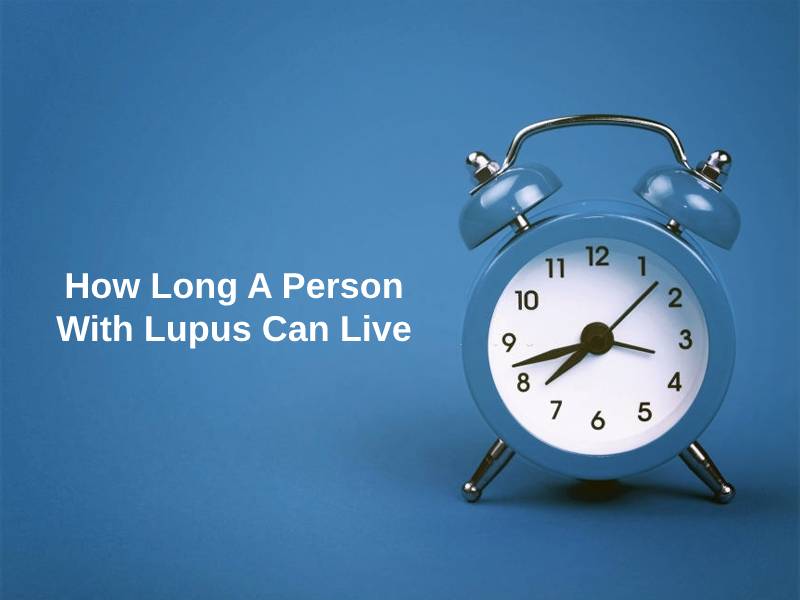

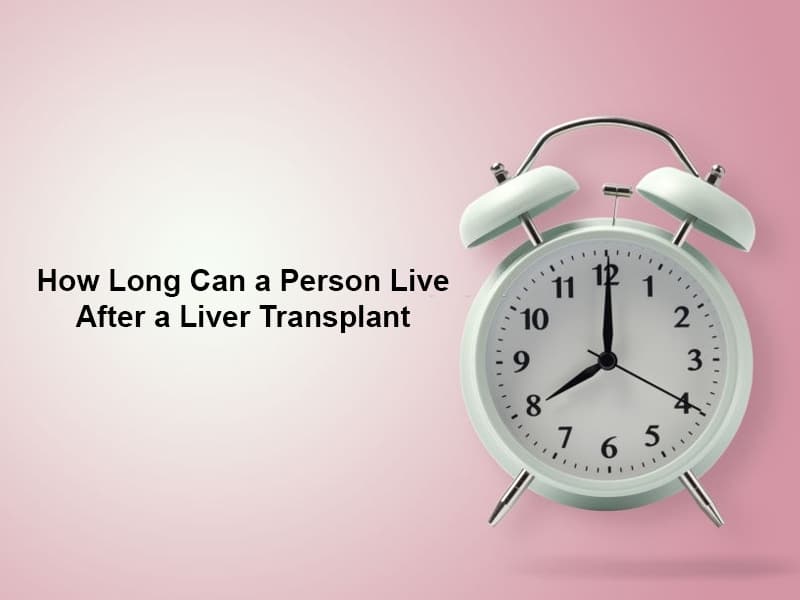
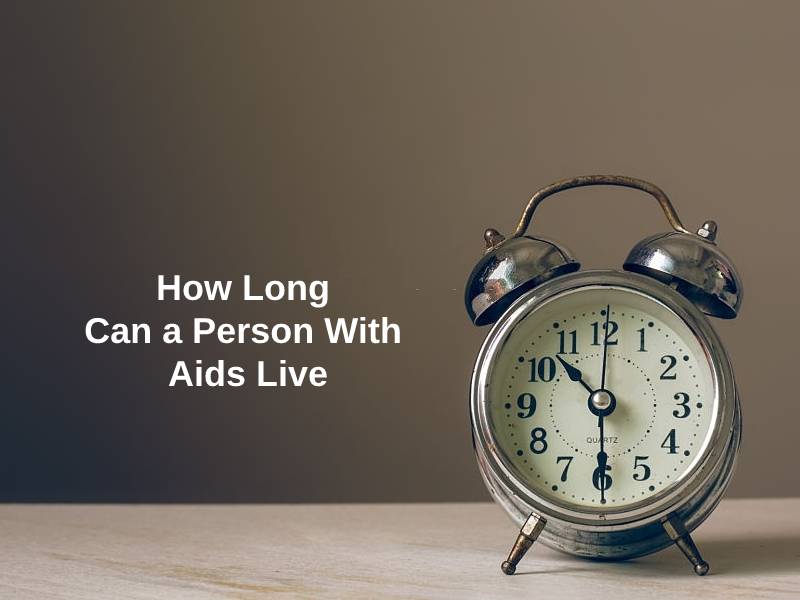

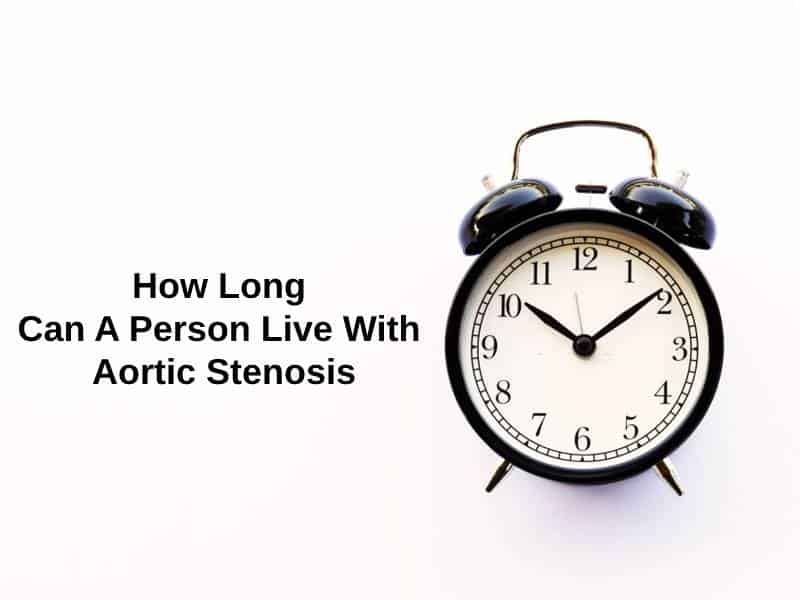


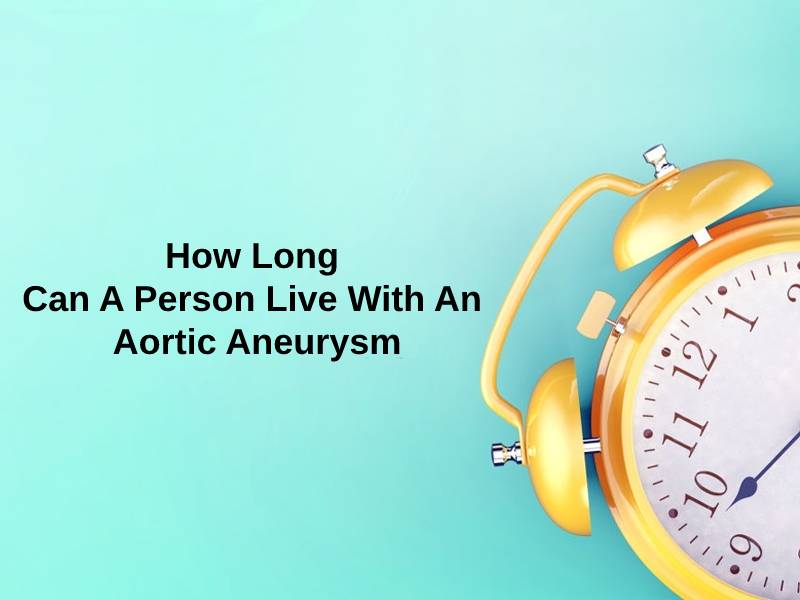
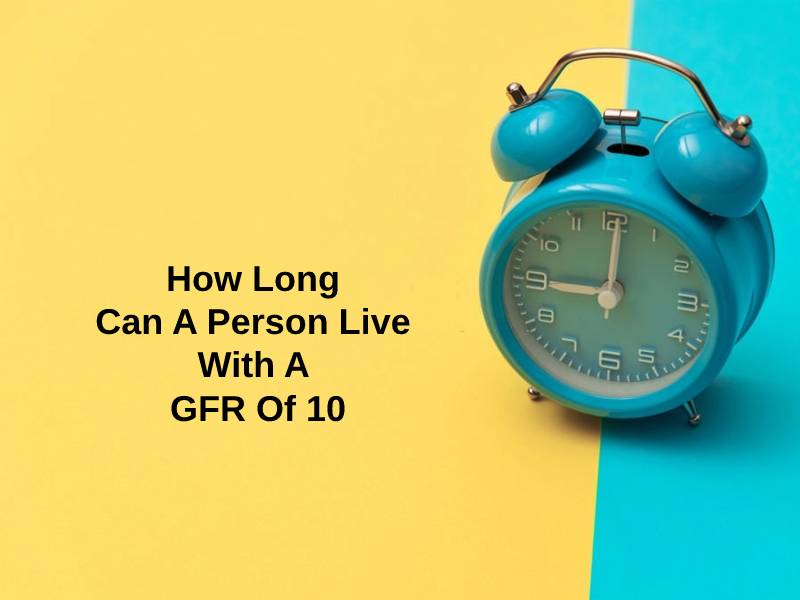
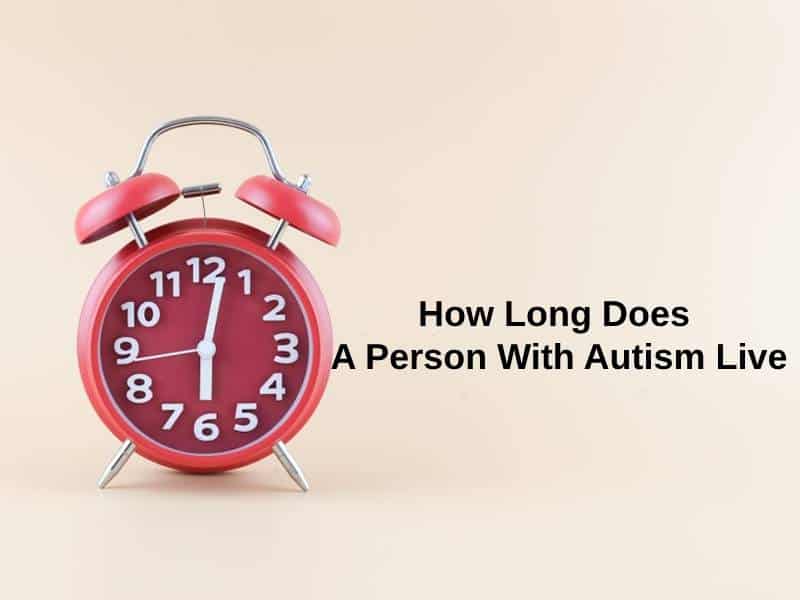
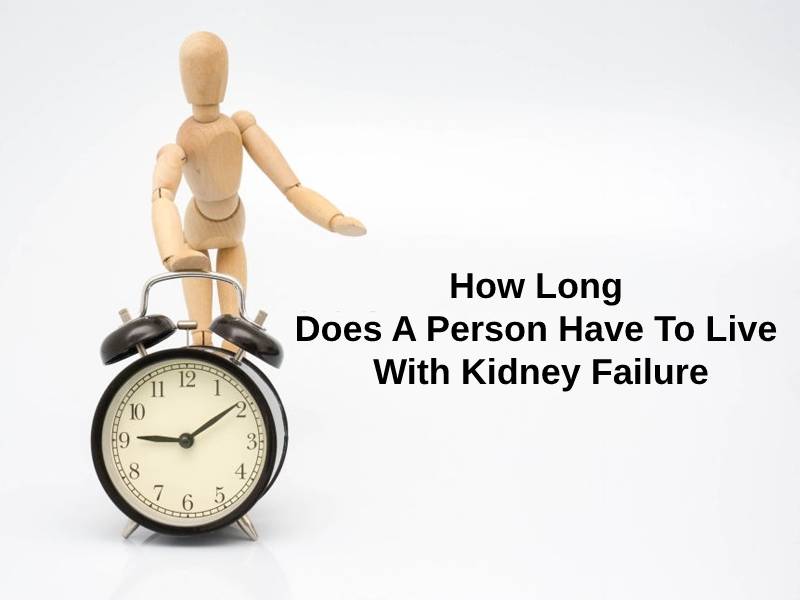
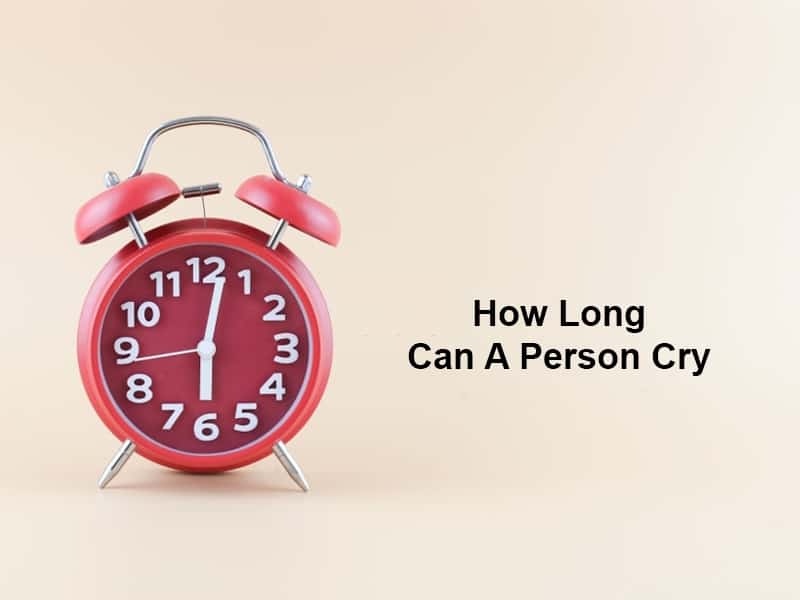
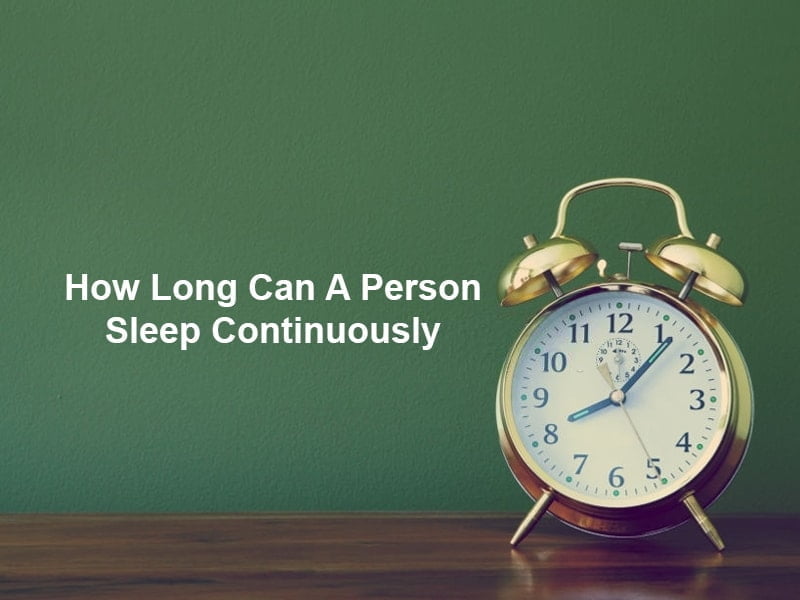
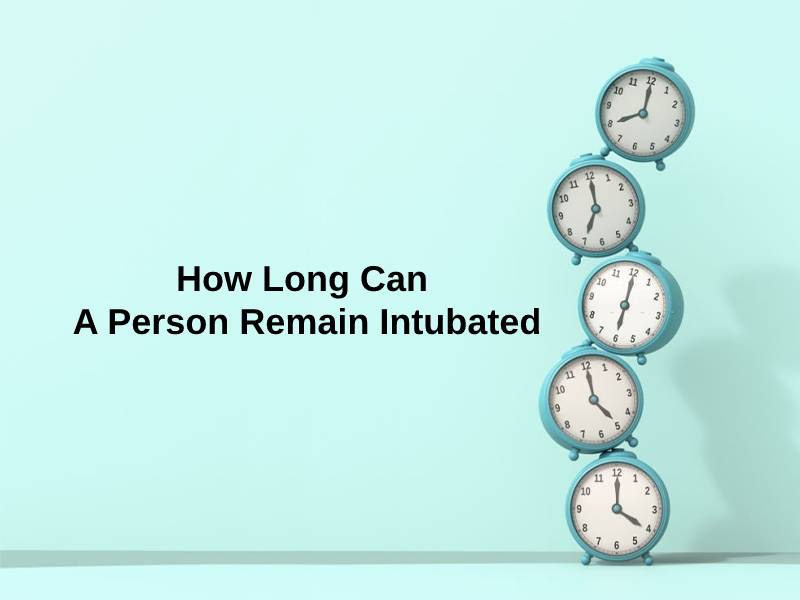

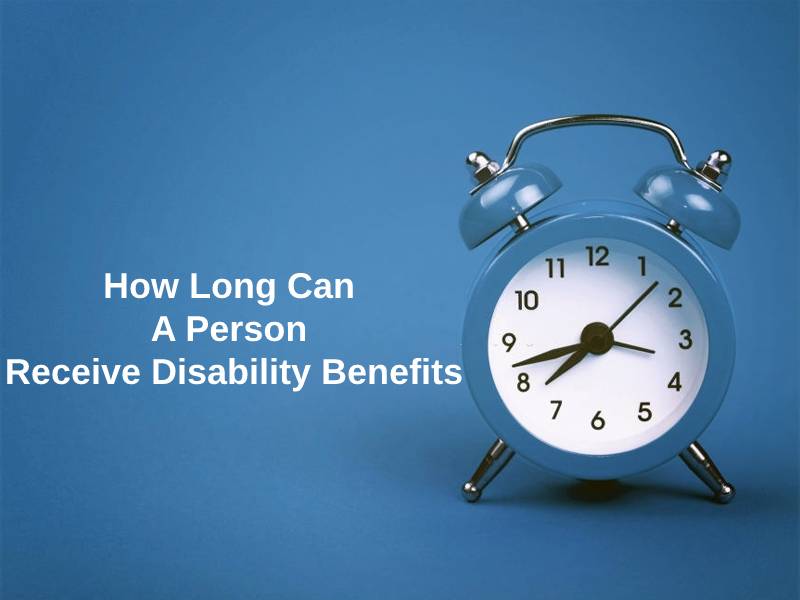
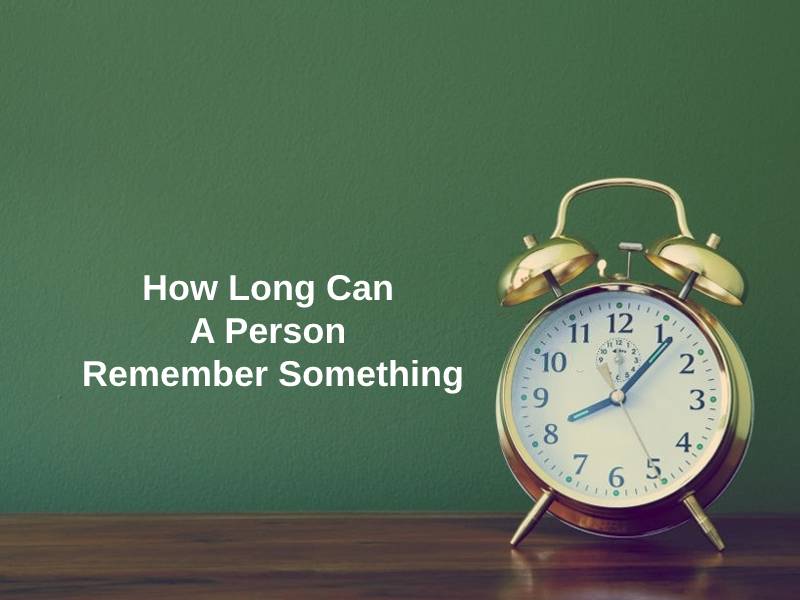
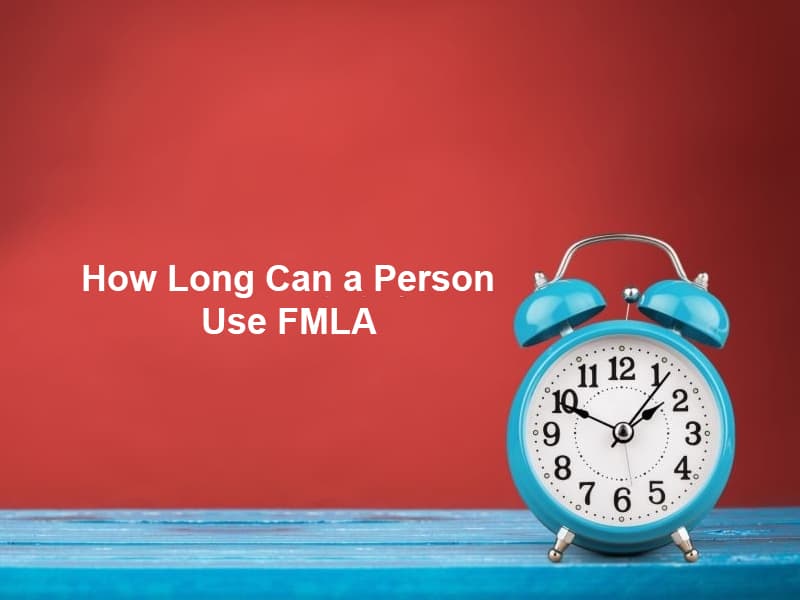
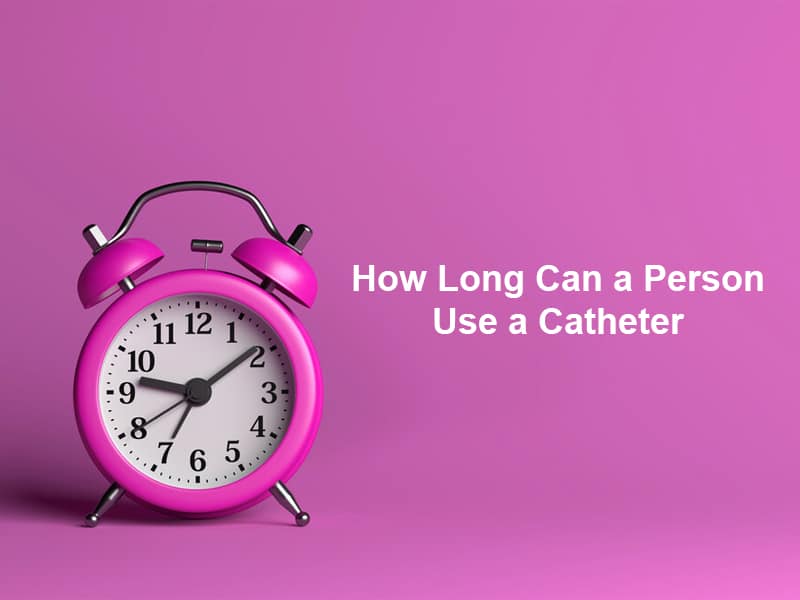
I wasn’t aware that epilepsy could be so severe. This article provides a thorough overview of the condition.
Absolutely, Xcox. The insights and research cited in the post are quite significant.
The impact of epilepsy on life expectancy is quite alarming. Thank you for sharing this post.
I echo your sentiment, Karlie03. The post certainly raises awareness about epilepsy.
It’s concerning to learn about the potential impact of epilepsy on life expectancy, and the various treatment options available.
Indeed, Jyoung. The information offered is quite extensive.
Yes, Jyoung. The post has provided valuable insights into epilepsy.
The information about the different types of epilepsy and the impact they have on life expectancy is eye-opening.
Absolutely, Aiden70. The insights provided are quite valuable.
I completely agree, Aiden70. This article has really broadened my understanding of epilepsy.
I appreciate the detailed information shared in this article.
It’s concerning to learn about the potential impact of epilepsy on life expectancy, and the various treatment options available.
Indeed, Grace59. The post has provided some valuable information.
Yes, Grace59. It’s a complex issue, and the post presents it quite comprehensively.
The impact of epilepsy on life expectancy is significant. The post has captured this complex issue quite effectively.
I couldn’t agree more, Harrison Turner. The information provided in the post is quite enlightening.
Indeed, Harrison Turner. The insights into epilepsy and its implications are quite noteworthy.
The recommended precautions and treatments for epilepsy are an essential part of this article.
Indeed, Summer79. The information provided is quite comprehensive.
Absolutely, Summer79. The post presents a well-rounded view of epilepsy.
This article provides a well-rounded perspective on epilepsy, offering valuable insights from various sources.
Absolutely, Karl Jackson. The post has drawn from credible references to inform the readers.
That’s a very informative post! I had no idea epilepsy could reduce one’s life expectancy by so many years.
Absolutely, Beth32. I’ve learned a lot from reading this post as well.